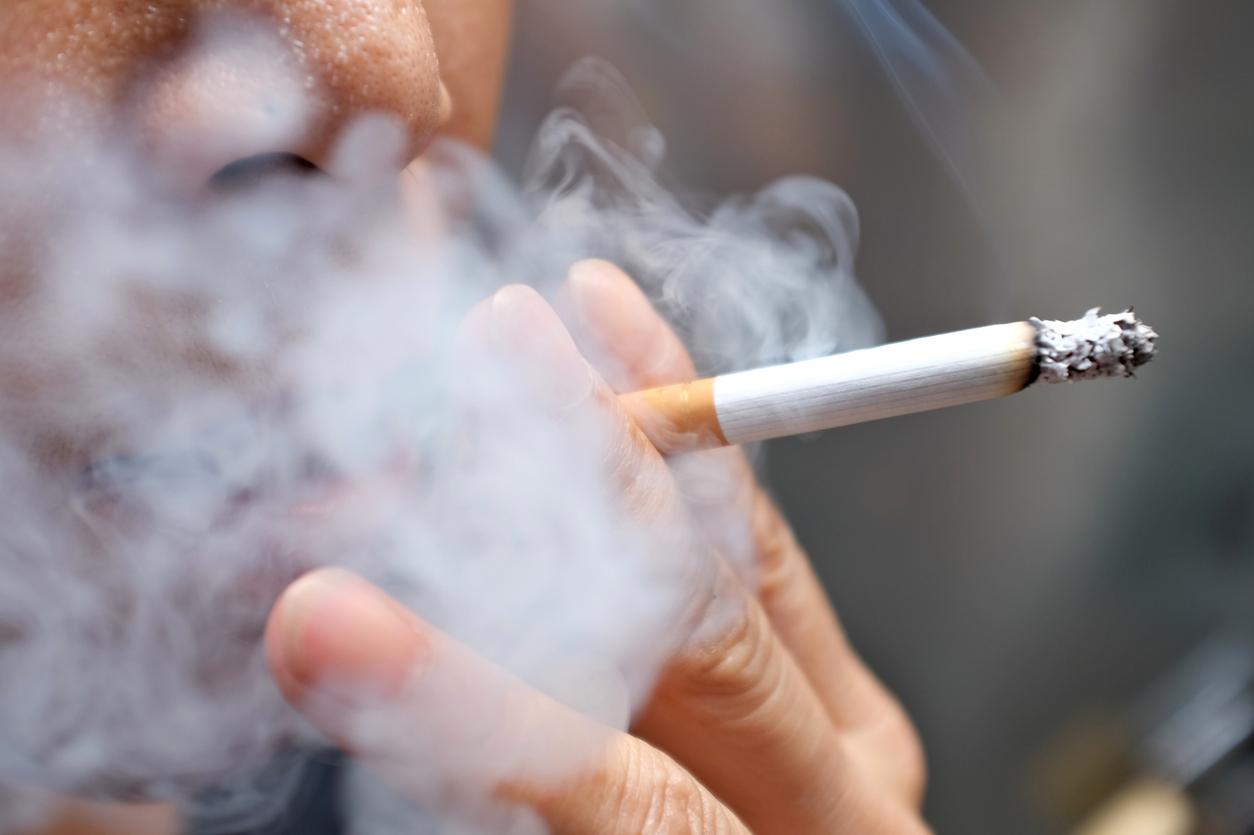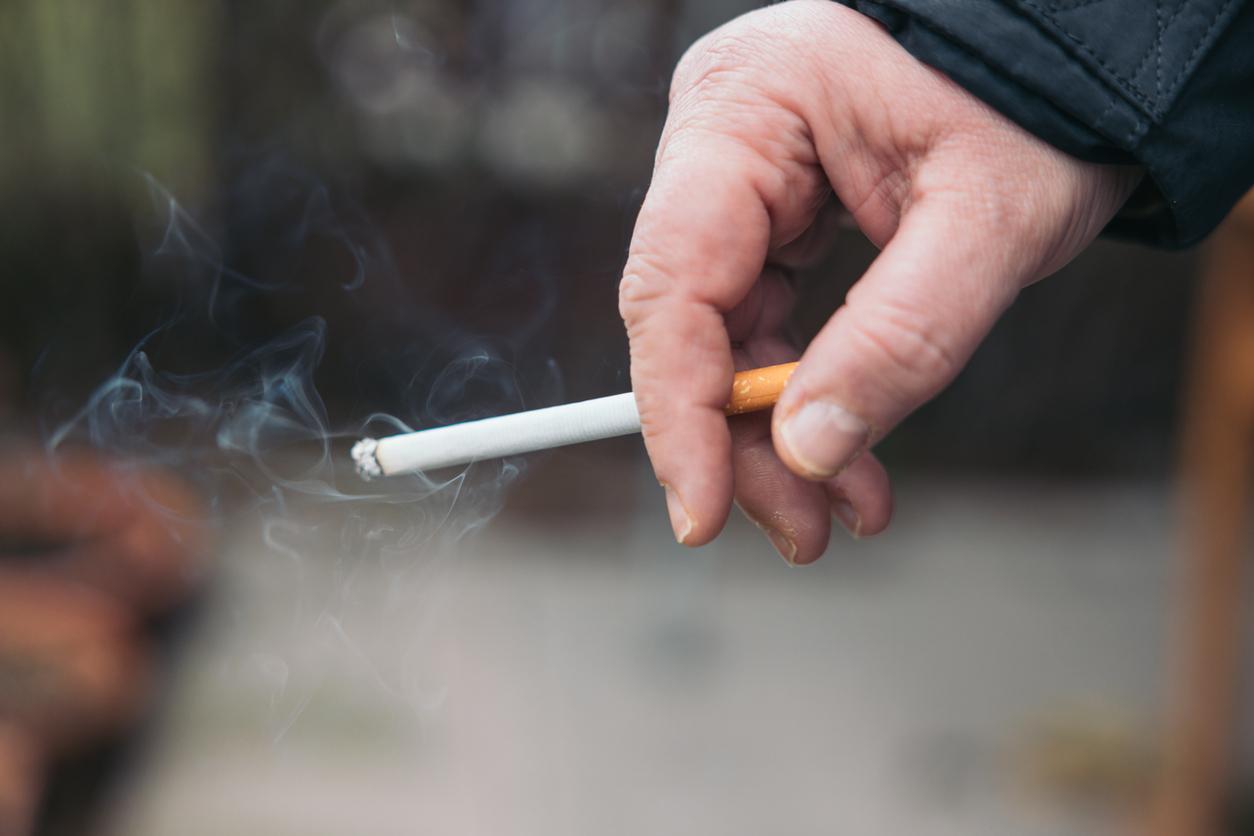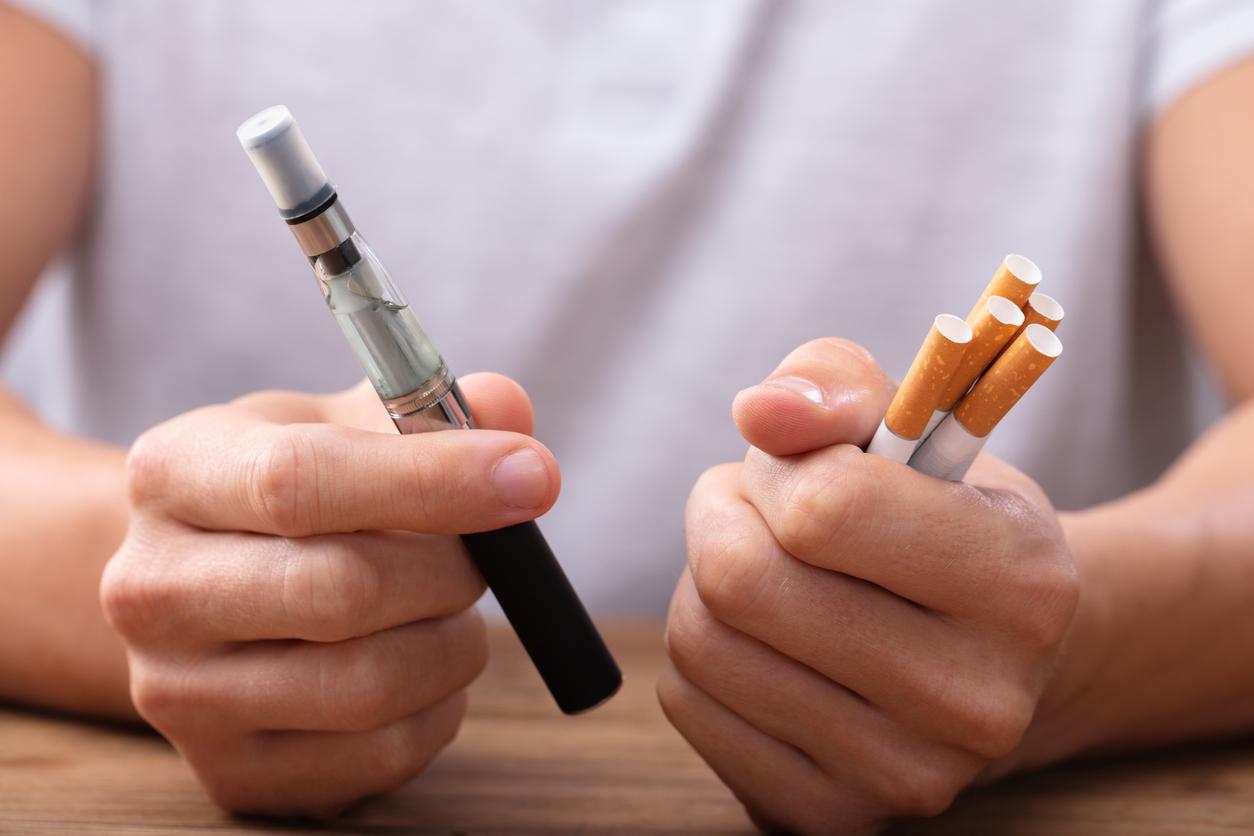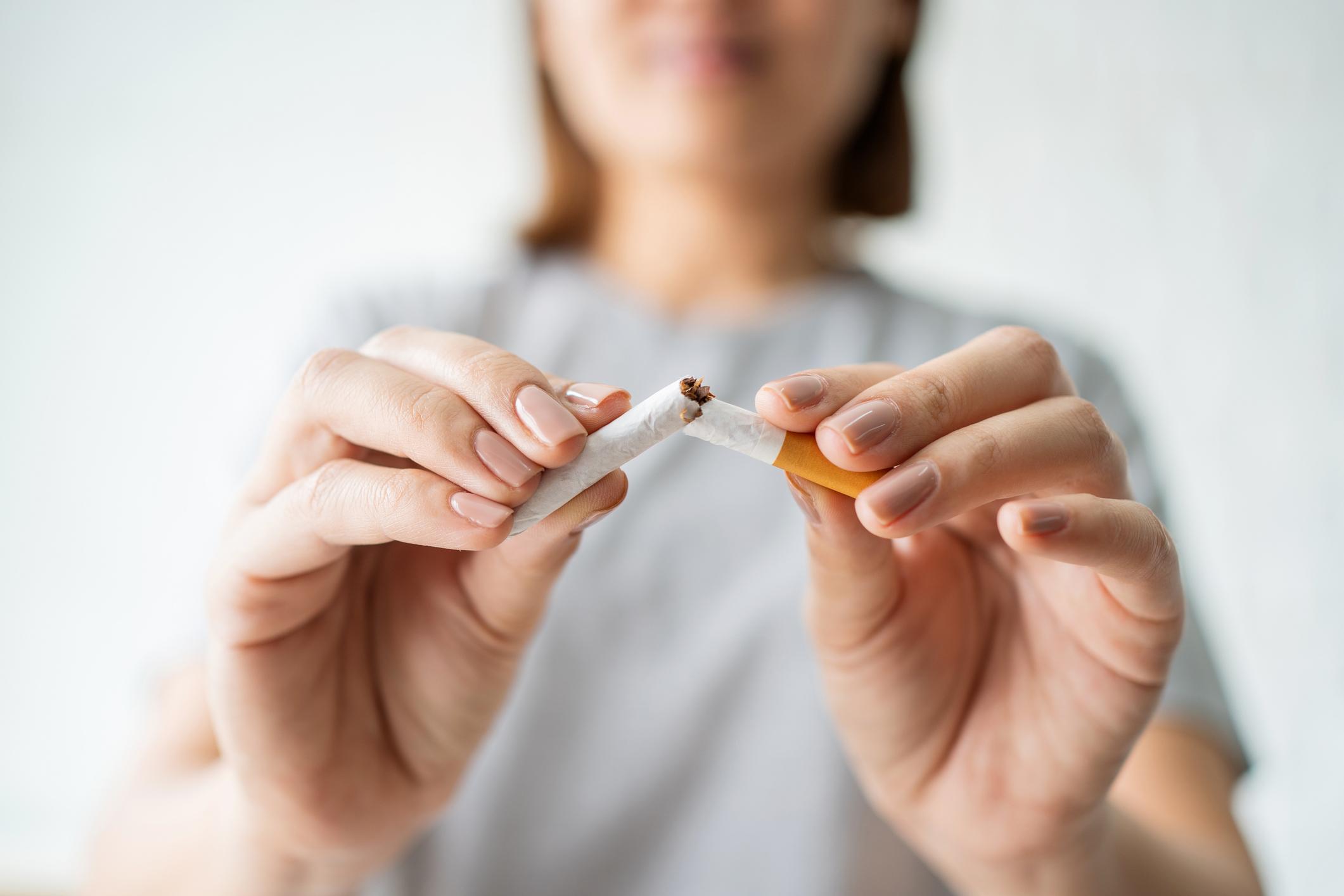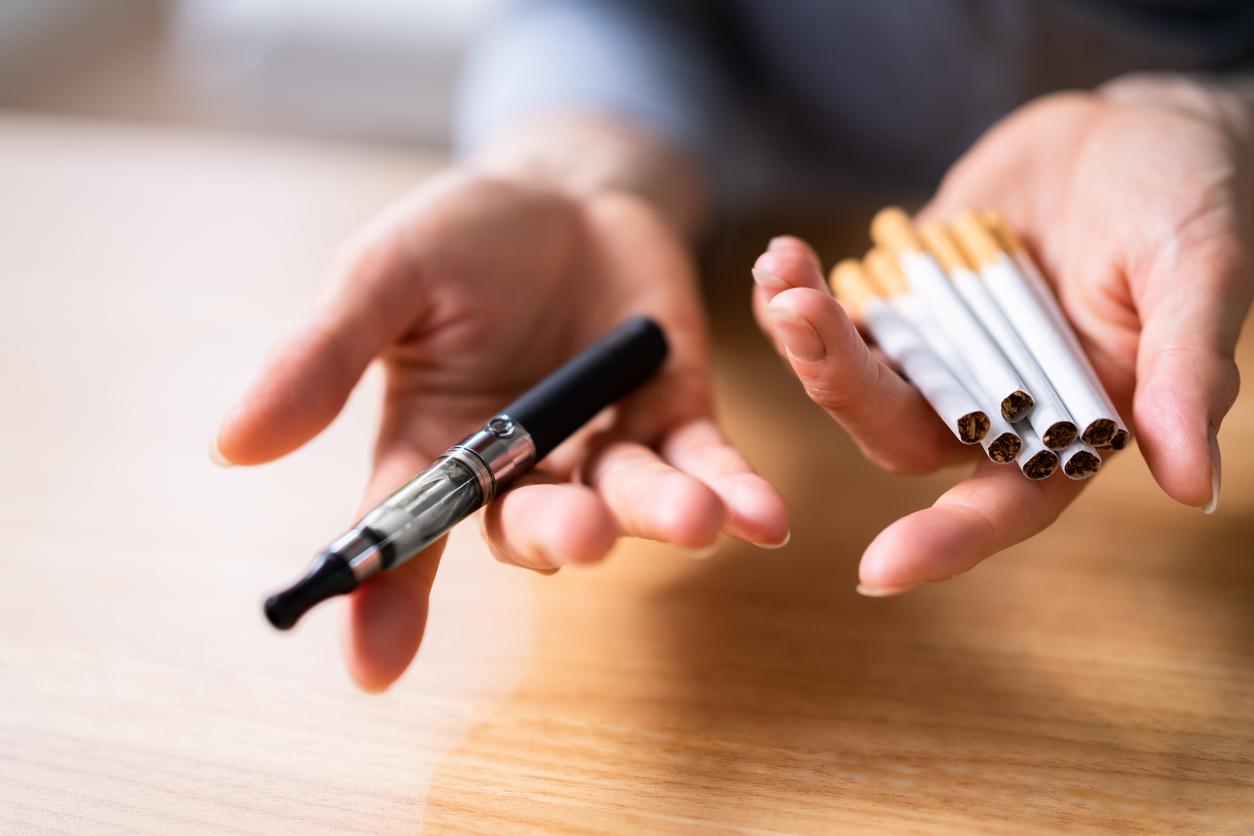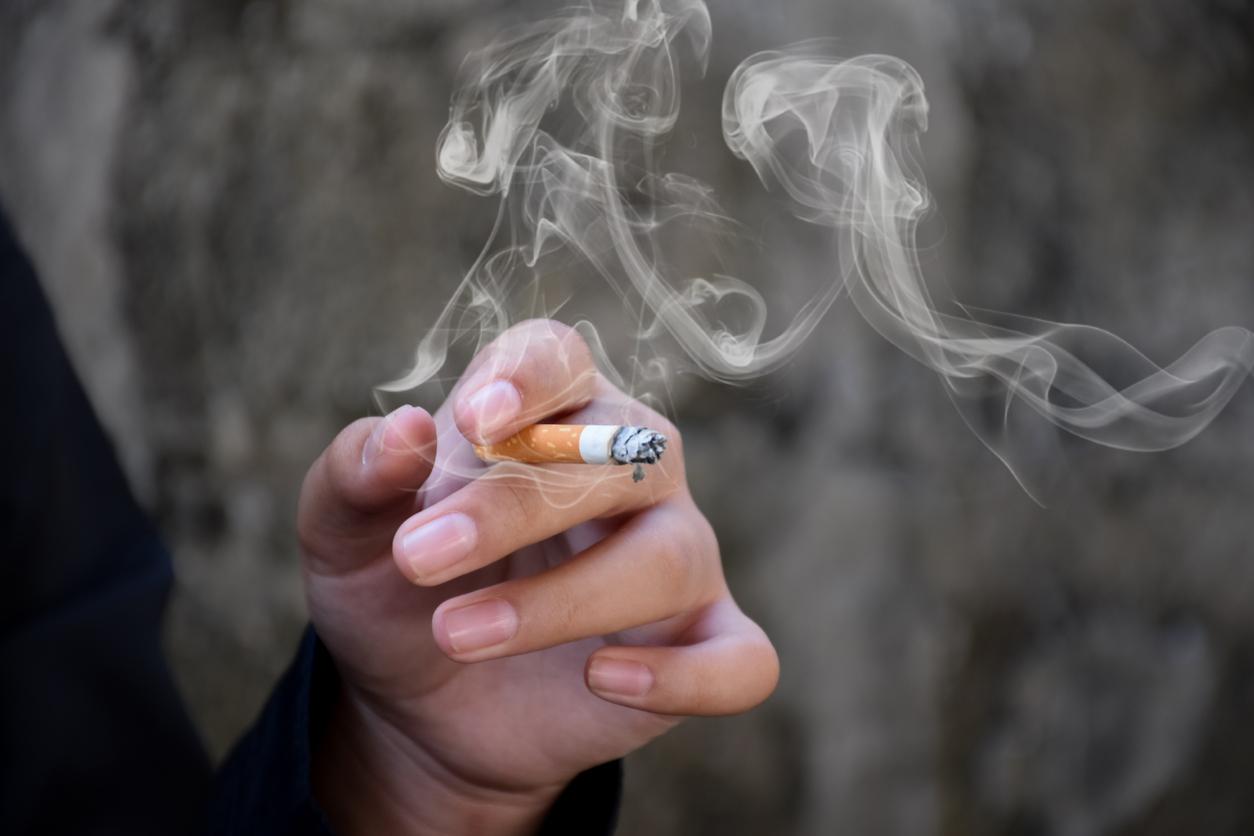Why did you choose to guide this open day on the topic “Tobacco and stroke”?
The link between tobacco and lung cancer is starting to be well known, while that between tobacco and cardiovascular disease, especially stroke, is not yet. This Tuesday, October 29, we have planned a free screening for arterial hypertension, an assessment of tobacco consumption in the form of a questionnaire and two conferences to alert and educate as many people as possible.
How does tobacco affect the risk of stroke?
Currently, it is considered that one in four strokes is directly related to tobacco. Even if the first risk remains high blood pressure, cigarettes increase bad cholesterol, make the arteries more permeable and make platelets more easily clots in the blood. Quitting smoking helps to significantly reduce your risk.
What are the risks of stroke for someone who smokes and takes the pill?
The pill itself presents only a very small risk of stroke, but a smoker over 40 on the pill accumulates a large number of dangerous factors. Adopting a healthy lifestyle through a balanced diet, regular physical activity and stopping smoking is the only way to reduce the risk of stroke.
After how long after quitting smoking do the risks decrease?
It’s important to remember that it’s never too late to stop smoking. According to studies, an ex-smoker fully recovers his health after five to ten years of quitting. But I would like to point out that the beneficial effects are felt from the first year without tobacco and the risks decrease with each year spent without smoking.









